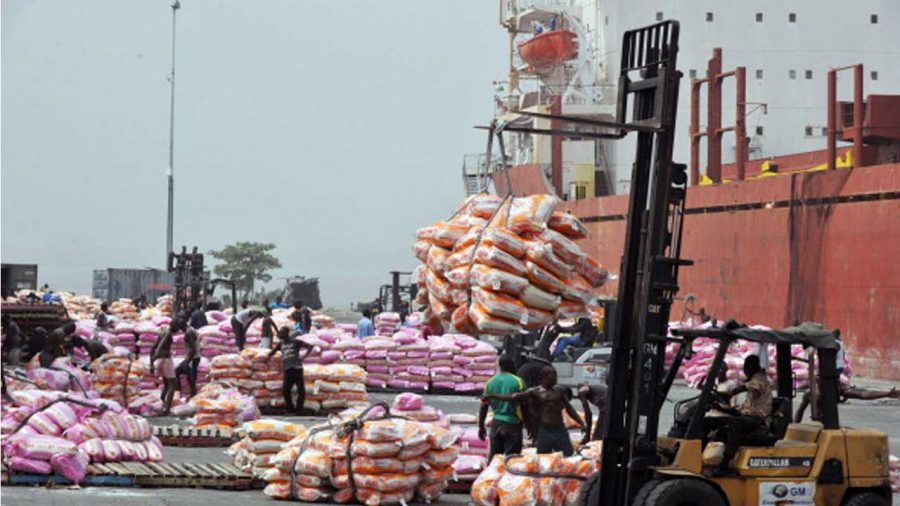The Nigerian Government, in collaboration with the United Nation Development Programme (UNDP), and Global Environmental Facility (GEF), has earmarked the sum of $58 million to facilitate the Integrated Approach Programme for value chain development in the Agric sector. The investment targets the enhancement of Food Security projects in Nigeria.
The National Coordinator, National Programme Management Unit (NPMU), Engr Abdullahi Abubakar, disclosed this in Abuja on Thursday, during a one-day Food Commodities Stakeholders Summit aimed at advancing inter-state food commodity value chain.
While commenting on this development, Abubakar described the IAP-FS project as a continuation of other developmental programmes in the Agric sector which are aimed at building greater community resilience to solid agricultural financing and marketing in Nigeria.
Funding IAP-FS: On funding the food security project, Abubakar noted that the IAP-FS project which started in 2018, is being funded with $8 million from UNDP and GEF, with the counterpart fund of $50 million from both Federal Government and seven participating states in Nigeria.
“This programme is implemented in 12 countries but not all are implemented by UNDP, some by IFAD, FAO and other United Nation Agencies.
“For Nigeria, it is the UNDP that is supporting the programme which is being implemented by Federal Ministry of Agriculture and Rural Development with Federal Ministry of Environment.”
Reviving Agric Sector by 2022: The project is also targetted at improving the production of agricultural commodities in Nigeria. Abubakar recalled that Northern Nigeria was once famous for its groundnut pyramids. Unfortunately, the situation changed for the worse, even as the Federal Government is now going all out to stop food importation.
“We have to make effort to see that we are producing rice and groundnut to the best of our ability and advice farmers on other crops.
“So by 2022, we will start to look at what we have done and what are the impacts we have created.”
UNDP collaboration: While speaking on the success of UNDP collaboration with the Nigerian Government, Mr Oladipo Osibo, the Programme Manager of Environment Unit for UNDP, disclosed that as part of its oversight functions, the UNDP has assisted the Government to secure farms and ensure that farming in Nigeria is done properly.
“The programme is five years which target Kano, Katsina, Jigawa, Benue, Nassarawa, Gombe and Adamawa states. We hope that at the end of the programme, adequate and relevant decisions would be achieved and the country can also move forward.”– Osibo
Optics: The global food security challenge is a serious one. By 2050, the world must feed 9 billion people, even as the demand for food will be 60% greater than it is today. According to the Food and Agriculture Organization (FAO), agricultural production has more than tripled between 1960 and 2015, owing in part to productivity-enhancing Green Revolution technologies and a significant expansion in the use of land, water, and other natural resources for agricultural purposes.
In 2017, FAO reported that the prevalence of hunger was on the rise in Africa, after many years of decline. However, the organization stated that the current rate of progress will not be enough to eradicate hunger by 2030.
There is no doubt that food security remains a major challenge facing African countries. However, if the investment in food security is properly managed, in the long term, it would go a long way towards helping to ameliorate the situation.

















This write-up was helpful